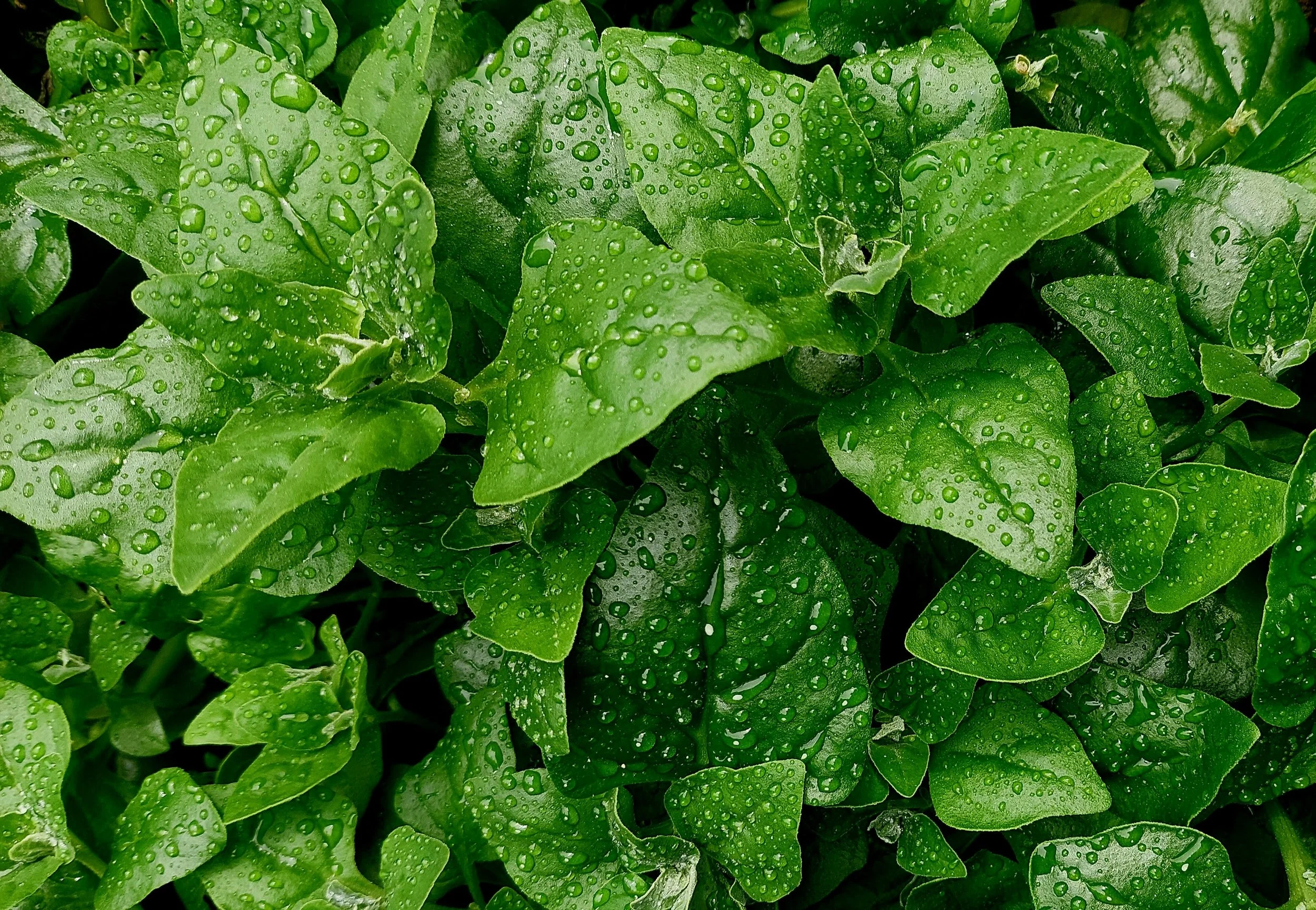Shifting Seasons: How to Transition from Summer to Fall Gardening with Intention
As the heat of summer begins to ease—ever so slightly—it’s a signal not just for seasonal change in the garden, but also an invitation to slow down, reflect, and prepare. Just like in meditation, where we mindfully transition from one breath to the next, the shift from summer to fall gardening can be approached with the same level of care and presence.
What to Grow this Fall in Maryland
In USDA Zone 7 (including Prince George’s County), mid-to-late summer is an ideal time to plant crops that thrive in cooler temperatures. These include:
Greens – kale, spinach, lettuce, Swiss chard, arugula, collards
Brassicas – broccoli, cabbage, cauliflower, Brussels sprouts
Root vegetables – carrots, radishes, beets, turnips
Herbs – cilantro, parsley, dill
Most can be direct-sown or started indoors and transplanted as the temperatures begin to cool.
Fall seedlings in starter trays.
Mindful Tasks to Prepare Your Garden
Approach this transition as you would a personal reset—calm, deliberate, and with care. Below are a few simple but meaningful tasks to guide the way:
Clear with Gratitude
Remove spent summer crops and compost what you can. Take a moment to appreciate what your garden produced.Nourish the Soil
Refresh garden beds by adding compost or organic matter to support new growth.Plan with Purpose
Use a garden journal or seasonal calendar to map out your plantings. Focus on what nourishes both body and spirit.Protect and Prepare
Apply mulch to retain moisture and reduce weeds. Start seeds in shaded spots or indoors to avoid late-summer heat.Pause and Observe
Take a quiet moment to notice the subtle shifts in your garden—the light, the soil, the sounds. Let the garden remind you to breathe.
“Fall gardening is quieter and slower, but deeply nourishing—both for the garden and the gardener.”
A Garden for All Seasons—and All Selves
Fall gardening is more than just an extension of the growing season—it’s an opportunity to practice presence. Whether you’re planting rows of kale or a single pot of parsley, the process invites reflection and calm. It reminds us that growth continues, even as the days begin to shorten.

